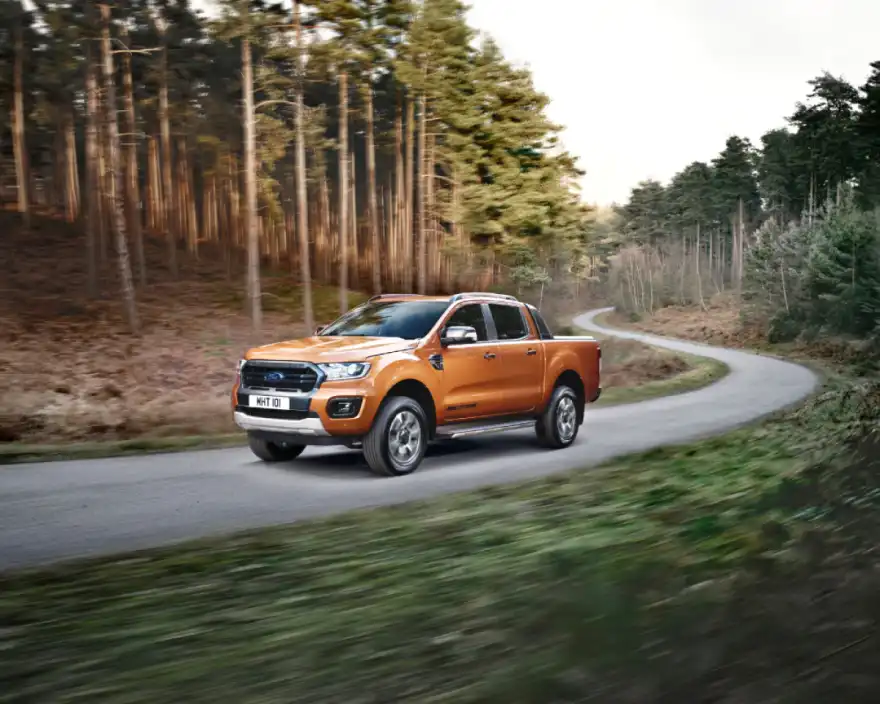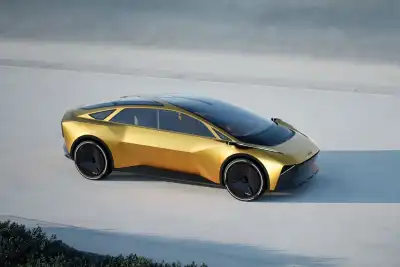
Double-cab pick-up trucks are on track to lose their classification as commercial vehicles in terms of company car tax payments.
Significant adjustments to the benefit-in-kind (BIK) regulations will result in a nearly fivefold surge in personal tax liabilities for company car drivers acquiring such pick-ups starting July 1, 2024.
Presently, any pick-up meeting the criteria of a payload exceeding 1000kg (or 1045kg with a hardtop installed) is categorised as a commercial vehicle. This aligns with existing VAT rules, enabling business users to reclaim tax on vans and pick-ups.
As of July 1, HMRC will discard the payload-based definition and consider any pick-up with a second row of seats as suitable for private use, thus designating it as a car.
The UK stands out as one of Europe's largest markets for pick-up trucks, driven by advantageous VAT and BIK taxation. The Ford Ranger, the country's top-selling model, secured a 45.5% market share in 2023 with 18,679 registrations.
The popular Wildtrak variant, featuring a 2.0-litre diesel engine with a basic list price of £47,220 (including VAT), falls into the top BIK taxation group of 37% due to its 230g/km CO2 emissions. Consequently, a 20% taxpayer in England would now face a monthly BIK tax of £291, while a 40% taxpayer would incur £582 per month. This is a substantial increase from the current flat rate of £60 per month for 20% taxpayers and £120 per month for 40% taxpayers.
Exceptions exist for double-cab pick-ups permanently modified for commercial use by removing seats and fittings (and replacing rear glass with fiberglass or metal panels), retaining their commercial vehicle status.
The new rules will not retroactively apply to employees currently using pick-ups as company cars, and any transactions completed before July 1 will be exempt. Owners will have until the lease expires, the vehicle is sold, or April 5, 2028, to continue paying existing BIK tax rates.
Among the pick-ups in the UK market, the KGM Musso, Maxus T90EV, and Volkswagen Amarok do not offer a single-cab variant.



